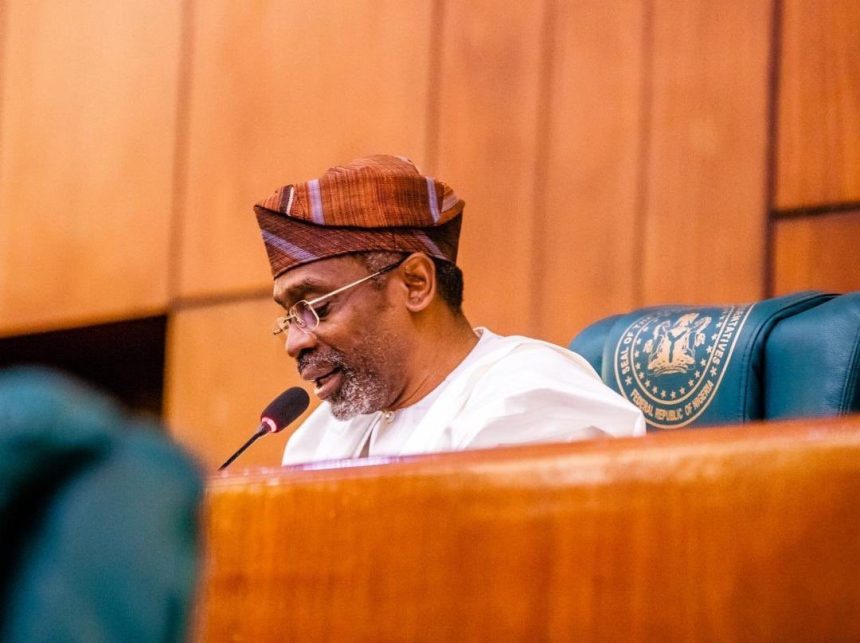Debt profile of 18.20% of Gross Domestic Product very dangerous for economy—Experts
…More worries on why huge foreign reserves fail to attract real sector investors
Reactions have started coming up over the recent report by the Debt Management Office (DMO) which revealed that Nigeria’s debt profile stood at N21.725 trillion as at last December 31, representing 18.20 per cent of its Gross Domestic Product (GDP).
Several development economists who spoke to our correspondents argued that the speed of the rising debt leaves much to be desired more especially when the booming foreign reserves which the Central bank of Nigeria (CBN) had put at $46bn is not attracting deep pocket investors after all.
According to Dr. Ken Igboanugo, the ongoing borrowing spree either directly or indirectly by the government is coming without a commensurable effect on the economy as to what the funds are taken for.
He said “By the degree of the nation’s debt pile up in several Chinese banks, one may not be wrong to say that Nigeria is gradually becoming a mortgage instrument to China which is very dangerous”.
“Recall that the Nigeria media deliberately played down the major remark made by the embattled former US Secretary of State, Rex Tillerson who told Mr. President in clear terms that time has come for Nigeria to be very cautious with its borrowing romance with China.
Continuing, he said “Even though the loans are tagged for provision of infrastructure, Nigeria and Nigerians are yet to begin to see the effects”.
Dr. Igboanugo averred that “If Nigerians fail to speak out, there are chances that the current administration may plunge the nation back to backlog of unbearable foreign debts”.
Another Economist and a stock broker who pleaded anonymity noted that “Apart from foreign debts, the speed with which even local debts are grossing under this present government is alarming.
“There are bonds, sukuk, name them and we are yet to see their impacts even as their maturities are at hand.
Studying the details released by the DMO, Business Hilights observed that out of the figure, the Federal Government’s domestic debt was put at N12.589 trillion, while domestic debt owed by the states and the Federal Capital Territory (FCT) was N3.348 trillion.
On the other hand, external debt attributed to the Federal Government, States and the FCT was N5.787 trillion, making it a gross total of N21.725 trillion.
The Director General of the DMO, Patience Oniha, noted at the briefing in Abuja to announce the development noted that the proceeds of $2.5 billion Eurobond, issued last month, was being used to pay maturing domestic debt, starting with N130 billion Nigeria Treasury Bills (NTBs), repaid on March 1.
She said “The figures show that Nigeria’s debt management strategy, which has the objective of reducing the ratio of domestic debt in the portfolio, while the ratio of external debt is increased with a target of 60 per cent domestic and 40 per cent external, is being achieved”.
In the understanding of the DMO, the restructuring of the country’s debt mix has led to an increase in foreign debt in order to minimise the high interest rates of local debts.
The agency noted that “The key benefits of the restructuring of the portfolio are the reduction of the government’s debt service costs, lowering of interest rates in the domestic market and improved availability of credit facilities to the private sector.
“We repaid N198bn Nigerian Treasury Bills in December 2017 with the proceeds of Eurobond issuances and we have continued further implementation of the strategy in 2018, with the issuance of the $2.5bn Eurobonds in February 2018, the proceeds of which is being used to repay maturing domestic debt, starting with N130bn NTBs repaid on March 1, 2018.”
Further investigations showed that majority of local investors are yet to get paid for jobs already delivered in the last couple of years and the development is hurting the economy especially the informal sector.









